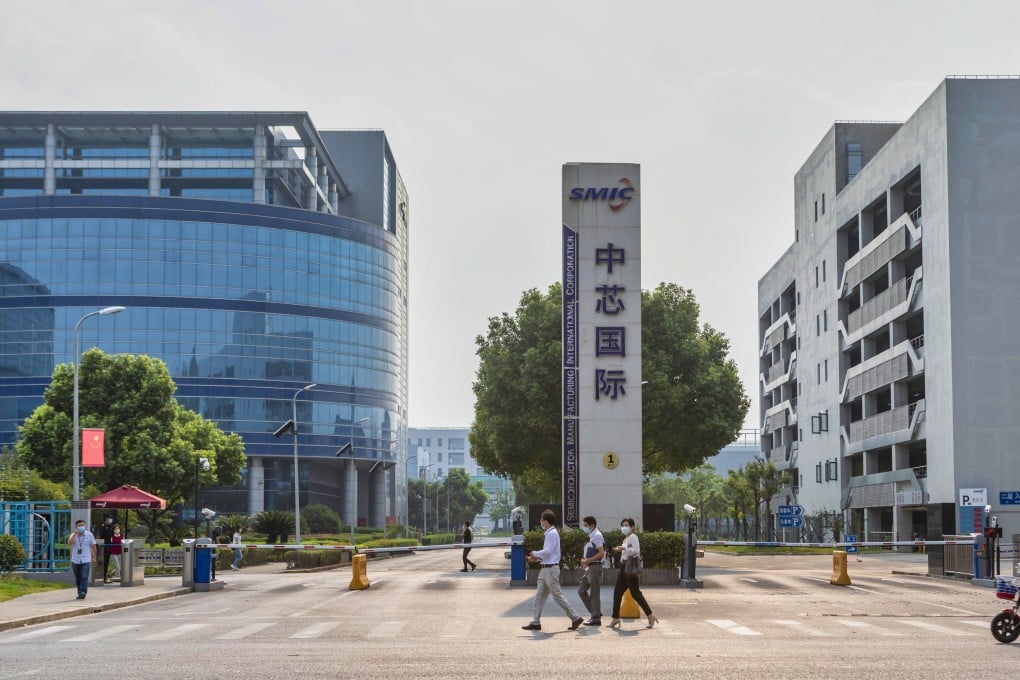Shanghai adds advanced chip production to its 2021 priority list along with Tesla, digital currency
- Shanghai authorities did not elaborate on what foreign technologies would be needed to achieve 12-nm mass production or which companies will take the lead
- However, it is likely that SMIC will be put in charge of the project as it can produce chips at the 14-nm and 12-nm nodes ‘without serious problems’, said an analyst

The Shanghai government said it aims to achieve “scaled production” of 12-nanometre semiconductors this year, as part of the nationwide effort to strengthen domestic production to cut reliance on imported chips amid ongoing US sanctions that restrict Chinese access to advanced foreign technologies and products.
The plan is one of 166 projects put forward for 2021 by the Shanghai Municipal Development & Reform Commission, according to its report to the local legislature. Other major tech-related projects on the list include a digital currency pilot programme and the second phase of the Shanghai factory operated by US electric carmaker Tesla.
While Shanghai authorities did not elaborate on what foreign technologies would be needed to achieve 12-nm mass production or which companies will take the lead, the proposal has nonetheless created debate in the industry – with some wondering how such an ambitious goal can be achieved in such a short time frame.
Shanghai-based Semiconductor Manufacturing International Corporation (SMIC), the country’s most advanced chip foundry, began mass production of 14-nm chips in the fourth-quarter of 2019 and local media reported that it started on risk production of 12-nm chips last month. By comparison, Taiwan Semiconductor Manufacturing Company (TSMC) and Samsung Electronics are currently producing 5-nm chips in volume.
Smaller nanometre process nodes are important, especially for consumer electronics products such as smartphones, because they boost circuit performance and reduce power consumption.
China’s reliance on US and foreign technology is set to continue, according to analysts, as the production of 12-nm semiconductors still requires a lot of foreign-made equipment and materials.